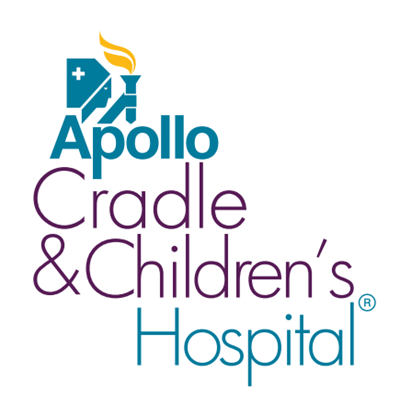Fetal well-being scans with Fetal Doppler are a popular way to monitor an unborn baby's growth and development. A highly trained specialist uses sophisticated ultrasound technology to measure the baby's heart rate, as well as check for any signs of abnormality. It is a safe, non-invasive procedure that can help parents feel reassured about the health and well-being of their baby. Fetal Doppler is a reliable tool that offers peace of mind and assurance that both mother and baby are progressing as expected throughout the pregnancy.
What are Fetal well-being scans with Fetal Doppler?
Fetal well-being scans with Fetal Doppler are a type of ultrasound scan that can be performed during pregnancy. The scan indicates the health and well-being of the baby by measuring the heart rate and looking for any signs of fetal distress. It also assesses umbilical cord flow, placental position, amniotic fluid levels, and growth measurements. Fetal Doppler is a hand-held device that uses sound waves to detect the baby's heartbeat and movement. It is used in conjunction with the fetal well-being scan to provide a detailed picture of how the unborn baby is developing inside the womb.
What are the different types of Fetal well-being scans with Fetal Doppler?
There are three main types of Fetal well-being scans with Fetal Doppler. These include a fetal growth scan, which checks the baby's size and development; a fetal wellbeing scan, which looks at the baby's movements and heartbeat; and an umbilical artery Doppler, which measures the flow of blood through the umbilical cord. All three scans provide important information about the health and well-being of the unborn baby.
What symptoms suggest that you may require Fetal well-being scans with Fetal Doppler?
Fetal well-being scans with Fetal Doppler can detect the baby's heart rate, movements, and breathing. It also checks that the placenta is working properly and provides a detailed assessment of the baby's growth. This scan can be used to monitor high-risk pregnancies, check for foetal abnormalities, or detect a low-lying placenta. The scan should be painless for the mother, although she may feel slight discomfort from the pressure of the transducer on her abdomen. After the scan, your doctor will be able to advise you on any further action they think is necessary.
Who qualifies for Fetal well-being scans with Fetal Doppler?
Fetal well-being scans with Fetal Doppler are typically recommended for pregnant women between 18 and 24 weeks of gestation. Generally, any woman who is expecting a baby and wishes to monitor the health of the fetus may qualify for a scan. Additionally, those women at an increased risk of complications during their pregnancy may be advised to have a Fetal Doppler scan. The doctor will assess individual cases and determine if it is necessary.
Conclusion
Fetal Doppler scans are a great way to check on the well-being of an unborn baby. It is a fast and non-invasive procedure that provides detailed information about the health of a fetus. This scan can detect heart rate, blood flow, birth defects, and other important markers to ensure your child’s safety. The use of Fetal Doppler scans is an invaluable tool in helping expectant parents have peace of mind during their pregnancy. With this technology, parents can fully enjoy their journey into parenthood with confidence and security.
Request an appointment at Apollo Cradle, Hyderabad - Kondapur. Call 1860-500-4424 to book an appointment.
Generally speaking, it is recommended to have a fetal Doppler scan once every four weeks during the second trimester of pregnancy and once every two weeks during the third trimester.
The main difference between an abdominal and transvaginal probe is that an abdominal probe will provide information about the baby’s heart rate but not its position, while a transvaginal probe can provide both.
Most experts recommend waiting until at least 10 weeks into the pregnancy before beginning to use a fetal doppler.
Yes, when used correctly and by trained professionals, fetal dopplers can provide accurate readings of the baby’s heart rate.
Our Doctors
Treatments
- Blood Tests
- Down's Syndrome Screening
- Early Anomaly Scan
- Fetal Anomaly Scan
- Fetal Echocardiography Scan
- Fetal Ultrasound
- Fetal Well-Being Scans With Fetal Doppler
- Nuchal Translucency (NT Scan)
- Pre-eclampsia Screening
- Pre-Natal Screening & Test
- Screening Test For Maternal Infections
- Surveillance And Monitoring Of Twin Pregnancies
- Tests For Thalassemia And Sickle Cell Disease
- Viability Scan

 95 Patient Satisfaction Score
95 Patient Satisfaction Score


